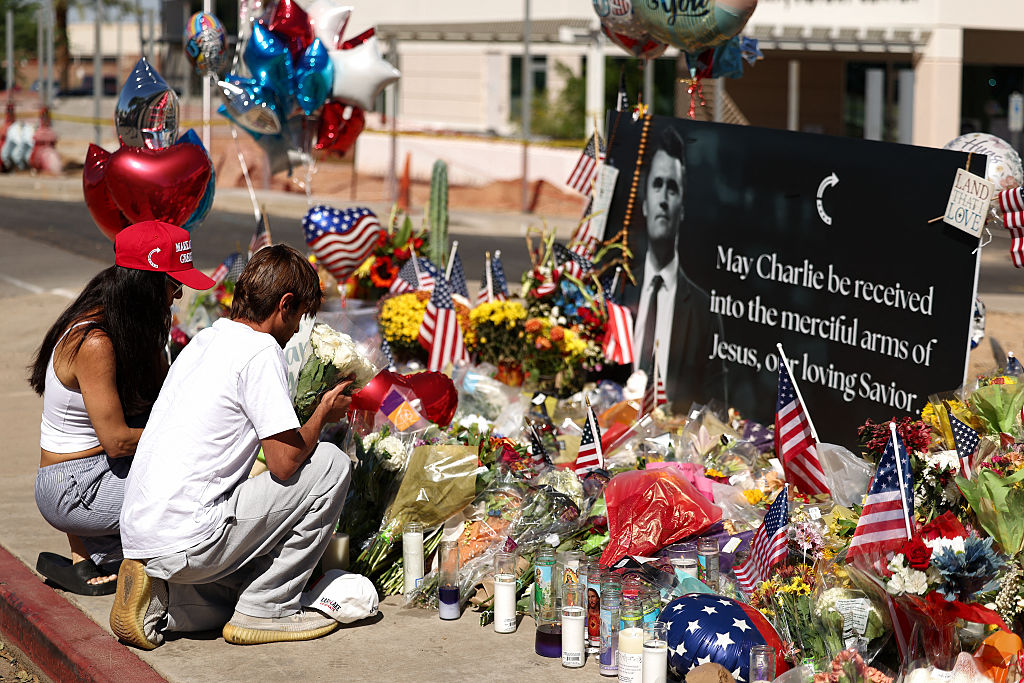The Wall Street Journal issued a correction to a previous report that inaccurately linked the suspect in the fatal shooting of conservative activist Charlie Kirk to transgender ideology. An earlier version of the article cited an unverified law enforcement bulletin suggesting that ammunition recovered at the scene was engraved with expressions of “transgender and antifascist ideology.”
https://t.co/uUcGLPObPb pic.twitter.com/MYM4ekswsv
— The Wall Street Journal (@WSJ) September 12, 2025
Multiple outlets later debunked the claim, which was highlighted by Utah Governor Spencer Cox in his press conference on Friday. In reality, the ammunition featured internet memes and phrases with no connection to transgender politics.
The correction comes after several outlets picked up the original report and circulated the false claims widely, highlighting the risks of rushing to publish breaking news. Even reputable publications can inadvertently contribute to misinformation or disinformation when accuracy is sacrificed for speed.
The Human Rights Campaign, the nation’s largest LGBTQ+ advocacy group, condemned the Journal’s initial reporting, warning that such claims could inflame fear or threats toward the transgender community. Brandon Wolf, the organization’s National Press Secretary, emphasized the critical role of responsible journalism in preventing harm and ensuring the public receives verified information.
While the Journal has updated its story to reflect the corrected details, the initial misreporting has sparked broader conversation about journalistic standards and the potential consequences of amplifying unverified information. Media analysts say the episode underscores the importance of careful vetting and skepticism, especially in the immediate aftermath of high-profile incidents that draw intense public attention.
The case serves as a cautionary example of how even top-tier news organizations can inadvertently fuel misinformation and the ripple effects it can create across the media landscape.


